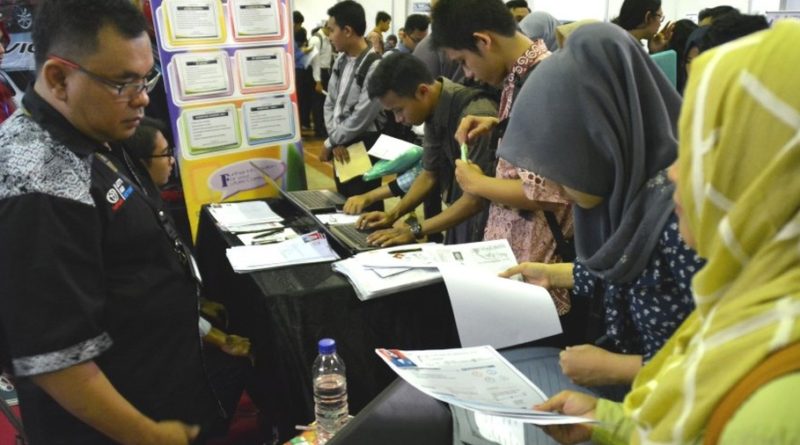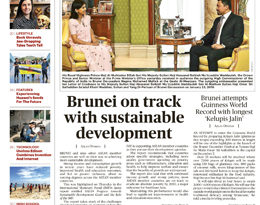Indonesia’s Rank in WEF’s Global Human Capital Index Improves
.
Jakarta. Indonesia’s rank in the World Economic Forum’s 2017 Global Human Capital Index has improved on the back of progress in education, according to a report published on Wednesday (13/09).
Indonesia now ranks 65th out of 130 countries assessed. In 2016 it was 72nd.
In the region, Indonesia is still behind Singapore (11), Malaysia (33) and Vietnam (64). Vietnam ranks four points up from 2016.
“Vietnam and Indonesia have made remarkable progress in educational attainment among their younger generations and have a correspondingly solid outlook for building their future human capital potential,” the report said.
The Global Human Capital Index ranks countries based on how well they develop their human capital by: capacity, which is greatly determined by formal education; deployment, or how skills are applied at work; development, or the state of formal education for the next generation of workers and efforts to improve the current workforce; and know-how, which is the depth of specialized skills in five age groups — up to 14 years, 15-24 years, 25-54 years, 55-64 years, 65 years and more.
According to the report, the world has 62 percent of its human capital developed, wasting 38 percent of its talents.
“We are facing a global talent crisis,” World Economic Forum founder and executive chairman Klaus Schwab said in a statement, referring to the so-called Fourth Industrial Revolution, which is marked by extensive use of information technology for automated production, and forces employers to look for talents who are adaptable and can develop new skills.
“We need a new mindset and a true revolution to adapt our educational systems to the education needed for the future work force,” he said.
World Economic Forum head for education, gender and work Saadia Zahid said countries should tailor their own strategies for developing human capital in accordance with their demographic structures.
“However, every country risks creating lost generations if they fail to adopt a more holistic approach to nurturing talents, which takes into account a proactive approach to managing the transition from education to employment and to ongoing learning and skills acquisition,” Zahidi said.
<>
[email protected] |For comments, Email to : Pahulu Gan – Contributor | [email protected]









